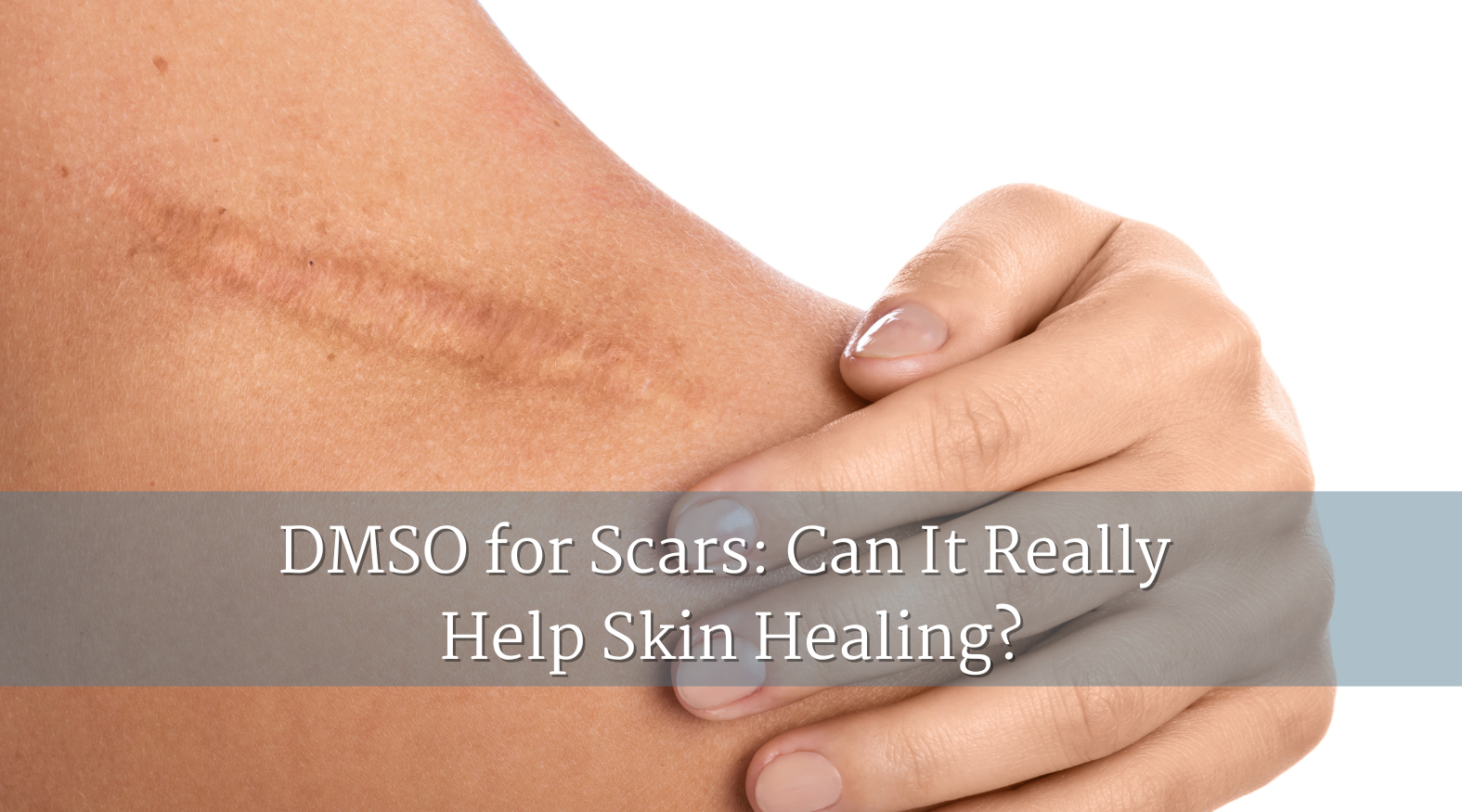
The Fascination with DMSO in Skin Health
In dermatology, the search for compounds that can cross the skin barrier effectively has always been a challenge. Most skincare products struggle to penetrate beyond the epidermis, which is why delivery systems like liposomes, microneedling, and chemical enhancers are studied so intensely. DMSO (dimethyl sulfoxide) stands apart because it can penetrate the skin deeply — carrying other molecules with it.
That ability makes DMSO a molecule of both promise and caution. Could it revolutionize topical therapies, or is it too risky for everyday cosmetic use? Let’s unpack what research — and dermatologists — say.
🔬 Research Roundup: Where DMSO Shows Promise
-
Wound Healing and Scar Formation – Some preliminary studies have explored whether DMSO can reduce inflammation and oxidative stress around wounds, theoretically supporting healthier scar formation. These findings remain experimental and not part of standard dermatological care.
-
Anti-Inflammatory Effects – Laboratory studies suggest DMSO may calm the inflammatory cascade. In theory, this could make it useful in conditions where skin irritation and swelling dominate, though trials in acne, eczema, or psoriasis are extremely limited.
-
Collagen and Connective Tissue – Research in cell cultures indicates DMSO can influence collagen cross-linking. For skin care, this raises questions: could it support elasticity, or does it disrupt normal remodeling? Current evidence does not resolve this tension.
⚠️ The Other Side: Risks Dermatologists Emphasize
-
Skin Irritation – At concentrations above 50%, dermatologists note DMSO can cause dryness, burning, itching, or blistering. Even lower levels may lead to redness in sensitive skin.
-
Contamination Risk – Because DMSO acts as a “carrier solvent,” impurities from other substances (including toxins, preservatives, or heavy metals) can bypass the skin barrier and enter circulation. This makes formulation control critical.
-
Unpredictable Long-Term Effects – Unlike regulated skincare ingredients such as retinoids or hyaluronic acid, DMSO does not have long-term dermatological safety data.
👩⚕️ Dermatologist’s Perspective
When asked about DMSO in skin care, many dermatologists acknowledge its fascinating pharmacology — but emphasize that its risks outweigh any cosmetic benefit. A common professional stance is:
“DMSO’s ability to penetrate skin makes it powerful, but that power is a double-edged sword. Until clinical studies establish safety and dosage standards for dermatology, it should not be used in routine cosmetic care.”
The Takeaway for Skin Care Enthusiasts
DMSO is not your typical moisturizer or serum ingredient. It sits in a grey area: too powerful to ignore, but too under-researched for safe cosmetic use. Its role in wound healing and inflammation deserves more investigation, but for everyday skin care, dermatologists remain cautious.
⚠️ Disclaimer: This article is for educational purposes only and is not medical advice. Always consult a licensed dermatologist before using new topical substances.




 DMSO and Antioxidants: Untangling the Connection
DMSO and Antioxidants: Untangling the Connection
 DMSO and Burns: What Studies and Experts Reveal
DMSO and Burns: What Studies and Experts Reveal






